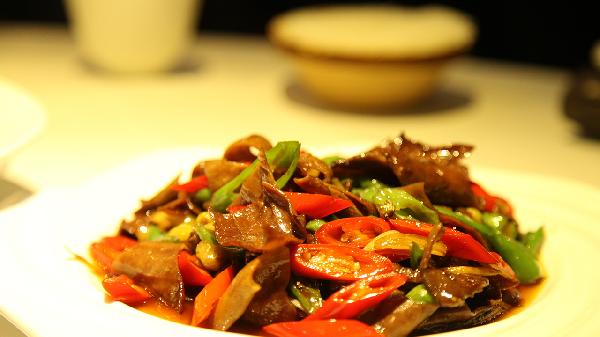If you're looking to fuel your body without tipping the scales in the wrong direction, a 2500-calorie diet might just be your sweet spot. Whether you're an active gym-goer, a busy parent running after kids, or just someone who needs solid energy without the crash, this calorie range can strike the perfect balance between fueling your day and keeping your nutrition on point.

Who Needs a 2500-Calorie Diet?
Not everyone should be chowing down on 2500 calories a day—your needs depend on factors like age, gender, activity level, and metabolism. Generally, this range works well for moderately active men, very active women, or anyone looking to maintain weight while staying energized. If you're hitting the gym regularly, chasing personal bests, or just burning calories like it's your job, this intake can help you recover and perform without feeling sluggish.
Breaking Down the Macros
A well-balanced 2500-calorie diet isn’t just about hitting a number—it’s about where those calories come from. Here’s how you might split it up:
Protein (20-30%): Around 125-188g per day. Think lean meats, fish, eggs, tofu, and Greek yogurt to keep muscles happy and recovery strong.
Carbs (45-55%): Roughly 281-344g daily. Go for complex carbs like whole grains, sweet potatoes, and quinoa to fuel workouts and brainpower without the sugar crash.
Fats (25-35%): About 69-97g. Healthy fats from avocados, nuts, olive oil, and fatty fish keep hormones balanced and joints lubed up for action.
Meal Timing & Frequency
Eating 2500 calories doesn’t mean three massive meals that leave you in a food coma. Spreading intake across 4-6 meals or snacks keeps energy steady and prevents that mid-afternoon slump.
Breakfast: Start strong with eggs, whole-grain toast, and avocado—packing in protein, fiber, and fats to kickstart your metabolism.
Lunch & Dinner: Load up on lean protein, complex carbs, and veggies. A grilled chicken bowl with brown rice and roasted veggies? Chef’s kiss.
Snacks: Keep it smart—Greek yogurt with berries, a handful of almonds, or hummus with veggies can bridge the gap between meals without derailing your nutrition.
The Perks of a Well-Structured 2500-Calorie Plan
When done right, this calorie level can mean steady energy, better workout recovery, and no crazy hunger pangs. Plus, it’s flexible enough to include your favorite foods (yes, even pizza—just balance it out). The key? Prioritize nutrient-dense foods most of the time, but don’t stress over the occasional treat.
Potential Pitfalls to Watch For
Even with good intentions, it’s easy to go overboard on processed foods or skimp on veggies. A 2500-calorie junk food diet won’t do your body any favors. Also, if you’re not as active as you think, those extra calories could sneak up on the scale. Listen to your body and adjust if needed.
Final Thoughts
A 2500-calorie diet isn’t a one-size-fits-all, but when tailored to your needs, it can be a powerhouse for energy, performance, and overall health. Focus on quality foods, balance your macros, and enjoy the ride—because eating well shouldn’t feel like a chore. Now go fuel up and crush your day.
























